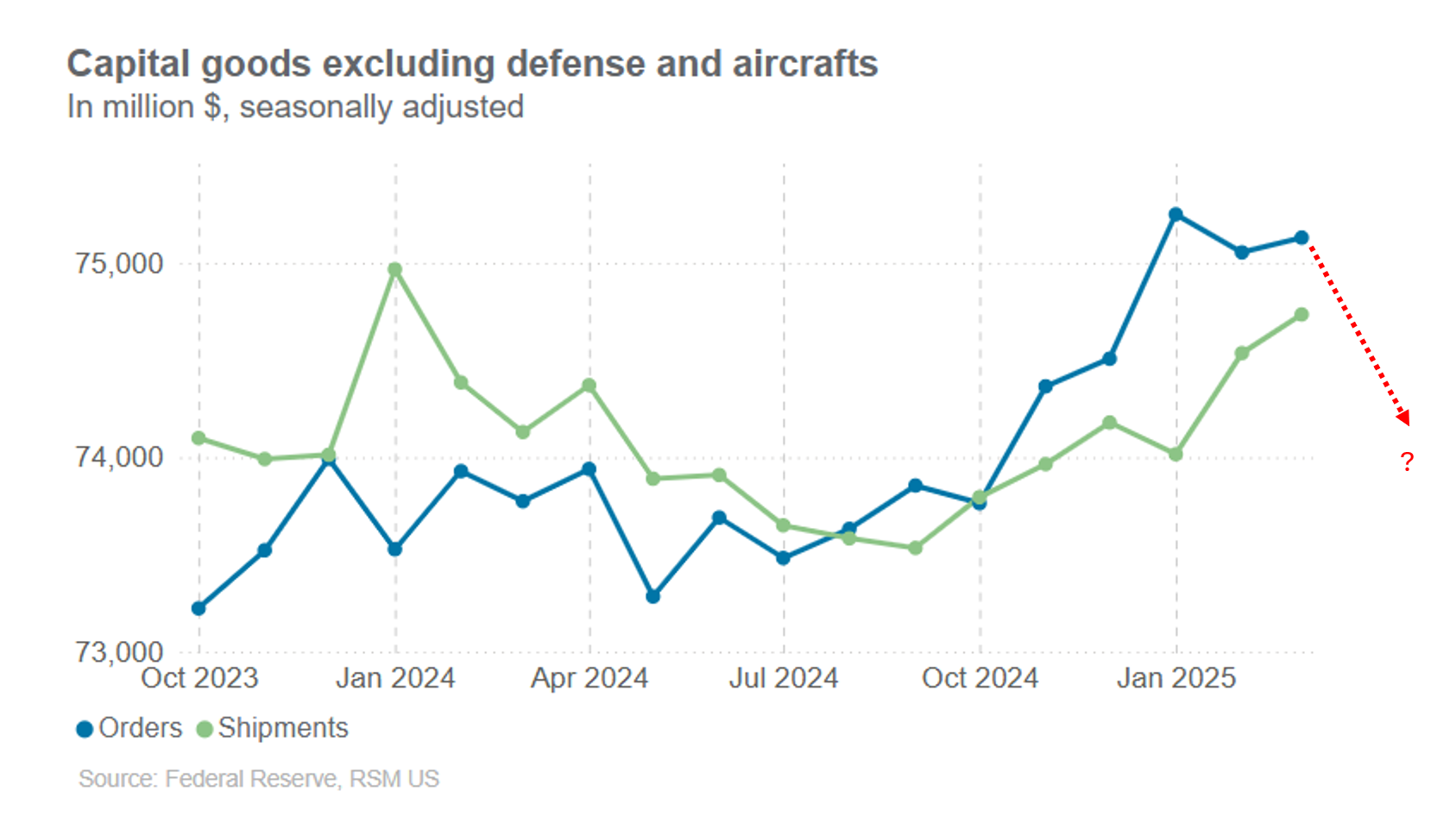Aerospace Showdown: Boeing Defense Workers Dig In, Reject Contract Amid Ongoing Strike

Boeing Defense workers continue to stand their ground, decisively rejecting the company's most recent contract proposal on Friday. The labor dispute has now stretched into its seventh week, signaling ongoing tensions between the aerospace giant and its skilled workforce.
The rejection underscores the workers' determination to secure better terms and conditions, highlighting the deep-seated disagreements between management and union representatives. As the strike persists, both sides remain locked in a challenging negotiation process that shows no immediate signs of resolution.
The prolonged stoppage not only impacts Boeing's defense operations but also raises broader questions about labor relations in the aerospace industry. Workers are clearly signaling their commitment to achieving fair compensation and working conditions, demonstrating a united front in their labor dispute.








